FCC Commissioner Warns of 'Disinformation' Boom With ACP Expiration
The ACP’s expiration could slash access to quality news sources for low-income Americans, Anna Gomez argued.
Corey Walker
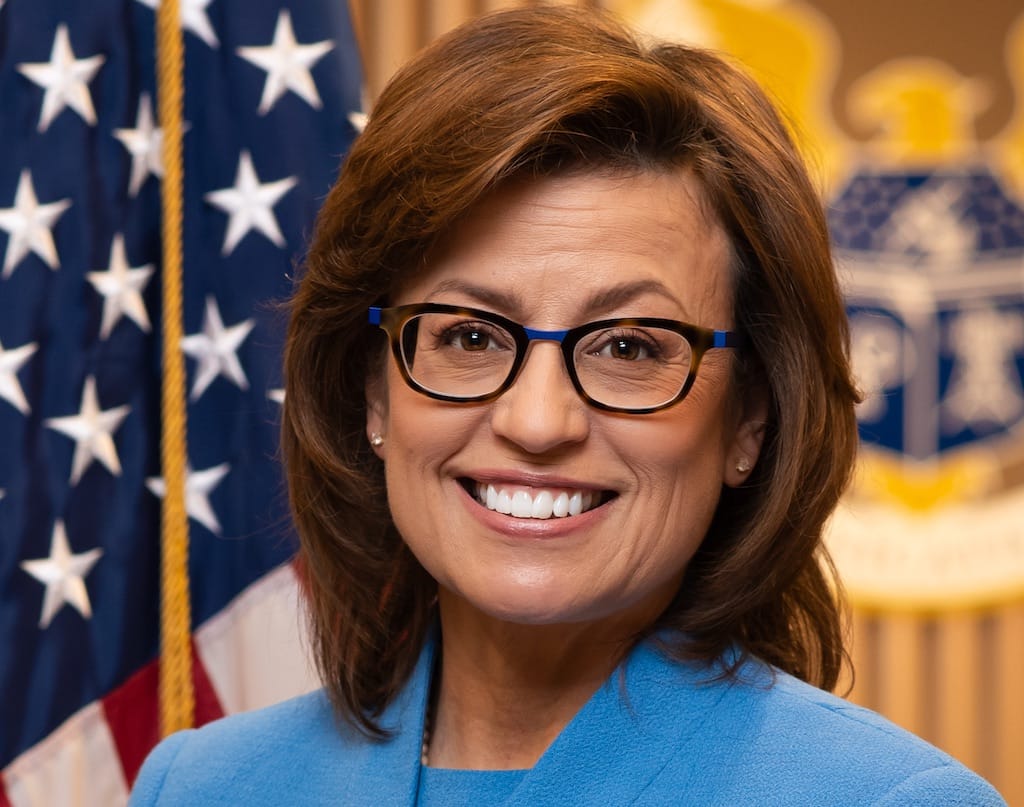
WASHINGTON, February 20, 2024 – Federal Communications Commissioner Anna Gomez on Tuesday warned that the impending demise of the Affordable Connectivity Program could result in 27 million Americans losing access to accurate news sources and exacerbating disinformation.
Funded by the Infrastructure Investment and Jobs Act, the ACP built upon the Emergency Broadband Benefit funded during the pandemic. The program provides a $30/month subsidy for broadband internet to low-income households and $75 subsidy to households on tribal lands.
The agency announced early February that it would stop taking enrollments on February 8, 2024. Funds within the program will likely be exhausted by April 2024 without an infusion of new funds by Congress.
Speaking at an event of the Media Institute speaking about the broader implications of disinformation in news and media, Gomez argued that the ACP’s expiration could slash access to quality news sources for low-income Americans. The Media Institute focuses on First Amendment issues.
She lamented that the current lack of trust in journalism will be exacerbated by the inability to examine multiple trusted news outlets.
Current era of suspicion of the news media
Placing too much trust in a few ideologically “homogeneous” outlets catalyzed the current era of suspicion in the news media, Gomez argued.
Without the ACP, low-income people and rural people are likely to find themselves relying on fewer news outlets, causing them to be more paranoid and distrustful of authoritative information, the Commissioner stated.
Gomez argued that countering media disinformation had become an urgent priority of the FCC. Yet she insisted that the FCC had no interest in regulating what news outlets are allowed to say.
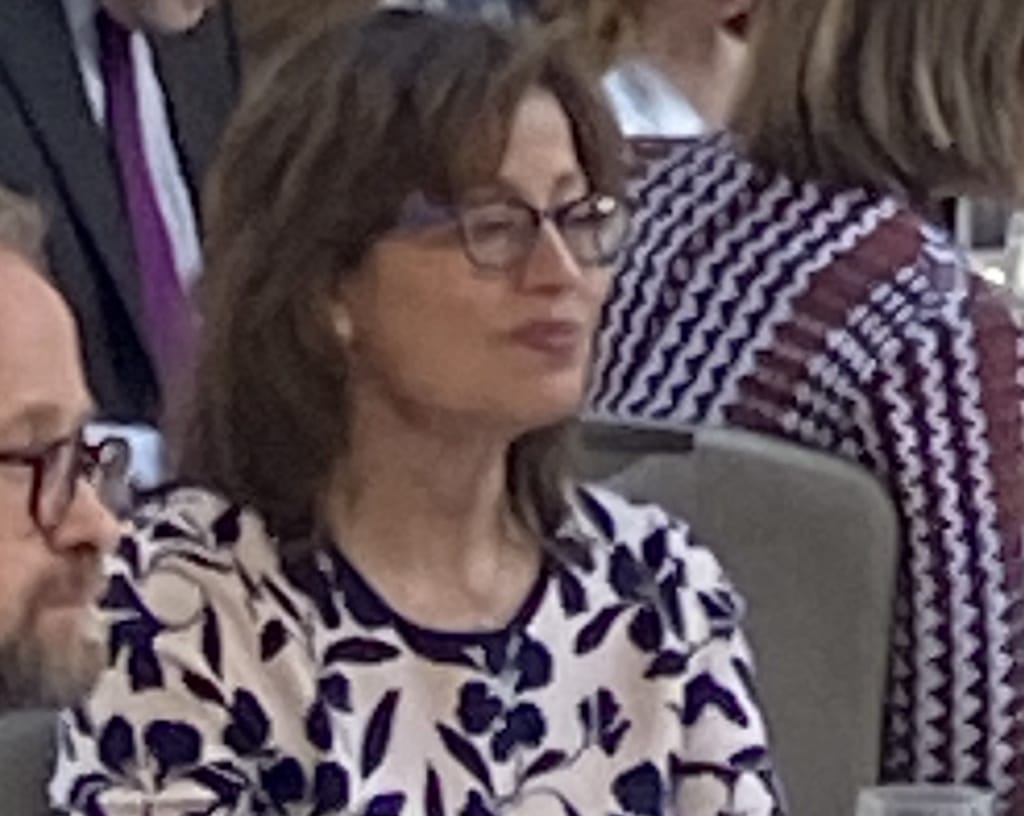
She suggested the creation of new tools to arm consumers against disinformation, including placing watermarks on photographs or videos produced by artificial intelligence as an effective way to mitigate disinformation. Such watermarks could become the “ultimate signal of authenticity,” she said.
Gomez and other broadband advocates have forecast a decline in access to healthcare, higher education, and employment if Congress does not approve a new round of funding to the ACP.



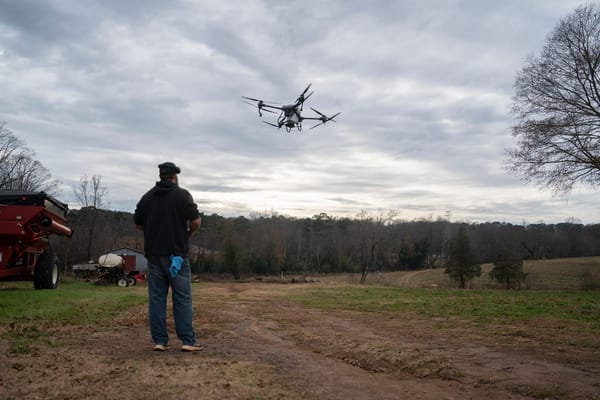
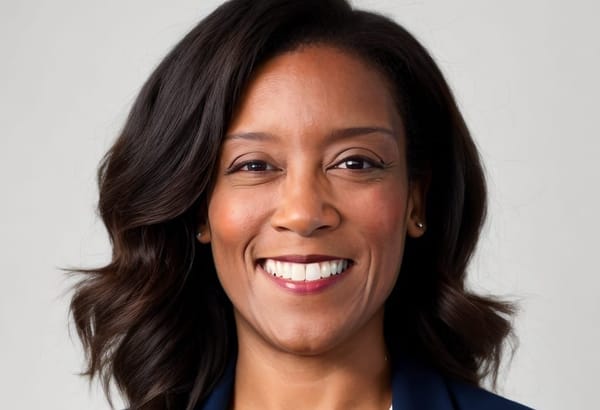
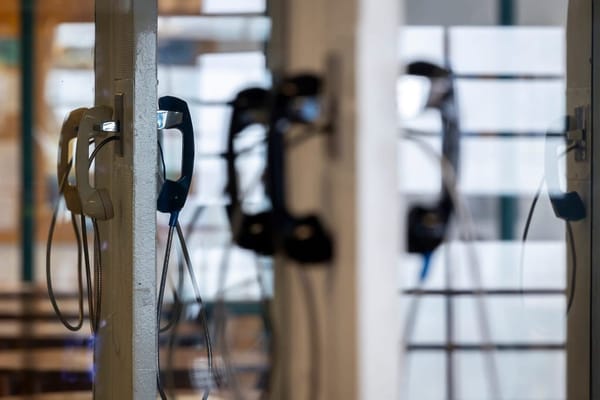



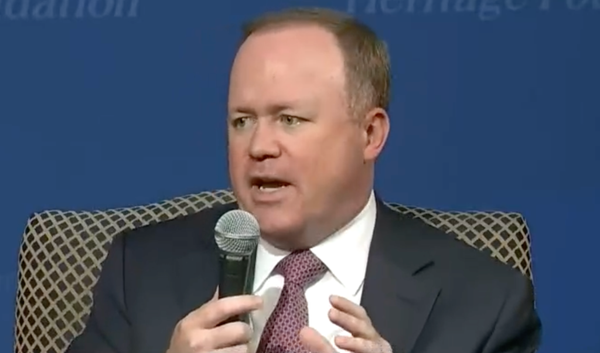
Member discussion